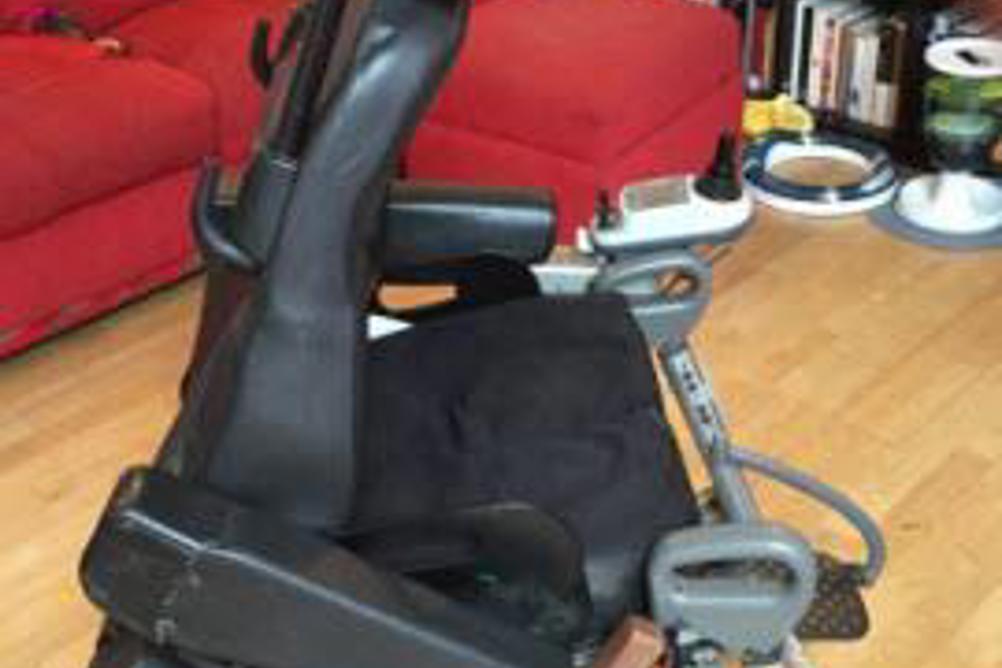
Ms Stevens was scheduled to catch a British Airways flight from London to Glasgow but never made it to her final destination after a problem involving her electric wheelchair. Despite being informed upon checking in that information on the weight and dimensions of the wheelchair were on file, after boarding she was told that ground staff had been unable to load her wheelchair into the hold.
“By the time I was loaded onto the plane the pilot had announced that the flight was delayed because they were unable to load a wheelchair,” she recalls. “Half an hour later, a member of the ground crew and informed me that they were unable to fit my wheelchair onto the plane!”
A London City airport report into the incident found that Ms Stevens was removed from the flight at the instruction of a BA dispatcher, once staff realised the wheelchair could not be loaded into the cargo hold. The wheelchair was seriously damaged during the struggle to load it on to the aircraft and, as a result, Ms Stevens has been without her wheelchair for over 100 days.
“My PA watched as ramp and PRM staff picked up my wheelchair by the armrests, which is an inappropriate way to pick up a wheelchair,” she explains. “As a result, both armrests are now broken.” Further inspection revealed the full extent of the damage: a broken cup holder and headrest, severely damaged outer casing and impaired mechanical function. Three months after the incident Ms Stevens is still waiting for the guilty party to repair her chair, however both British Airways and London City airport deny liability and have handed the case over to their respective legal teams. “We are working with the customer and London City Airport to resolve the issue,” a spokesperson said. “However, as the matter is now in the hands of lawyers it would be inappropriate for us to comment further at this stage.” London City airport issued a matching statement.
Last week, the UK Civil Aviation Authority issued the following statement: “European regulations make it clear people with a disability or reduced mobility are legally entitled to receive special assistance both at airports and on board aircraft when travelling by air.” The CAA spokesperson confirmed that the complaint team is currently vetting Athena Stevens’ complaint. "All complaints we receive are thoroughly reviewed, and we will ask for information and evidence from the passenger, airline and airport, in respect of any incident. Where we find there is a shortcoming in the service provided, we will work with the airport and or airline to make sure improvements are made.
According to European law, British Airways should have given Ms Stevens compensation for being removed from the flight and she should have been offered an alternative flight with an aircraft that could accommodate her mobility device. Instead, Ms Stevens had to wait over three months to receive a refund for her tickets. London City airport also had a responsibility to organise a temporary replacement for Ms Stevens’ wheelchair while British Airways carried out the necessary repairs. Over 100 days on, Athena Stevens is still without a replacement and no closer to having her chair repaired.



